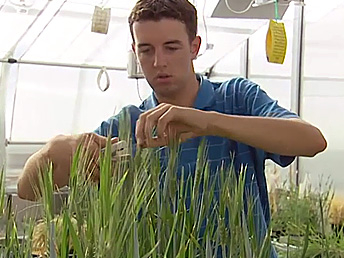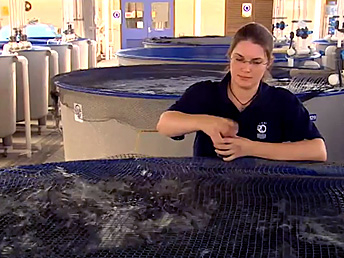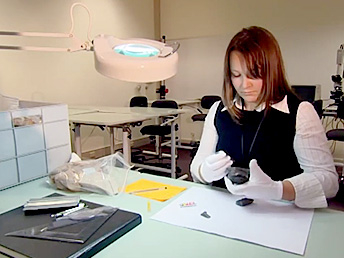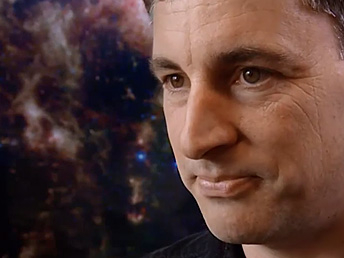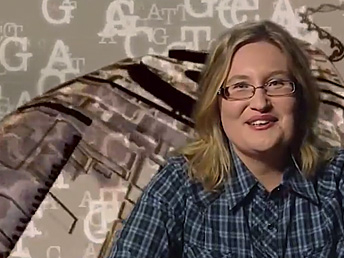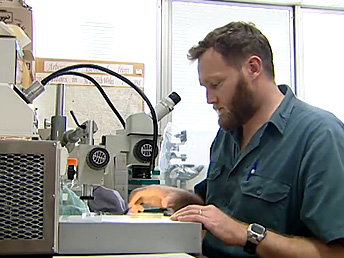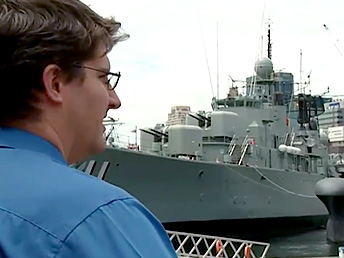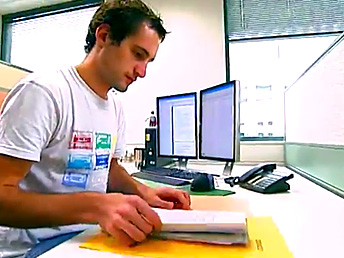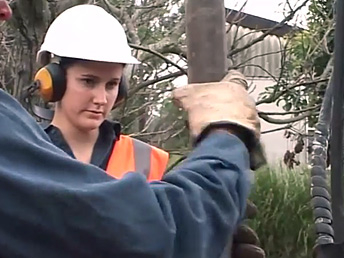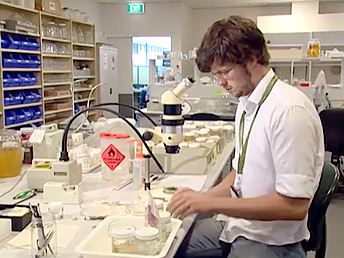
Criminologist
As a criminologist you will work to understand and reduce cases of crime. This involves investigating crime scenes, studying human behaviour and developing reports that can be used to inform criminal legislation.
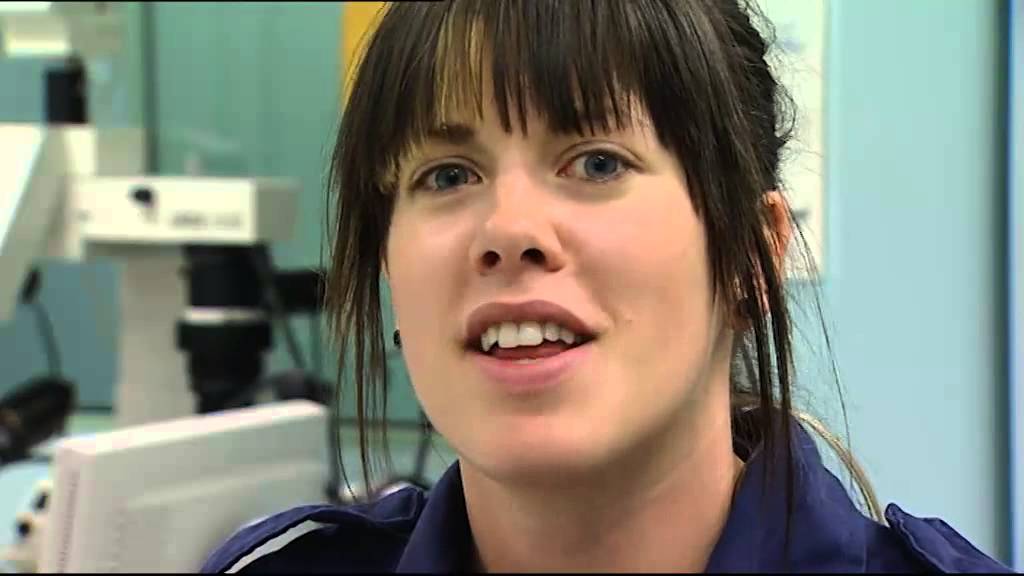

What the job looks like
Salary expectation
starts at $47,000 up to $55,000+

The good
- Being out and about, meeting new people and liaising with other emergency services personnel
- Opportunities to work interstate and internationally
- Helping to solve criminal cases
- Understanding human behaviour
The not so good
- Sometimes dealing with unfortunate and confronting circumstances
As a criminologist you will work on cases that range from someone who has been burgled, to an incident where someone might have died. The job is not just about visiting crime scenes though, it is looking at patterns that lead to acts of crime and understanding why people commit illegal acts.
Your job is a bit like a scientist in that you have to think analytically, critically and work with statistics. You will talk to victims and perpertrators and compile reports that are used to determine who is most likely to commit a crime, where most crimes are committed and what effects the legal system has on criminals.
Science is a big part of the role as you will search, collect and analyse evidence from crime scenes. Psychology is a big part of criminology and you will find yourself using maths to gather statistics for your reports. English will also play a role in being able to accurately write up reports or document your evidence.
If you are interested in science, solving problems and learning about human behaviour, then a career as a criminologist could be for you.
I love reconstructing crime scenes and following a case right to the end and getting a result.
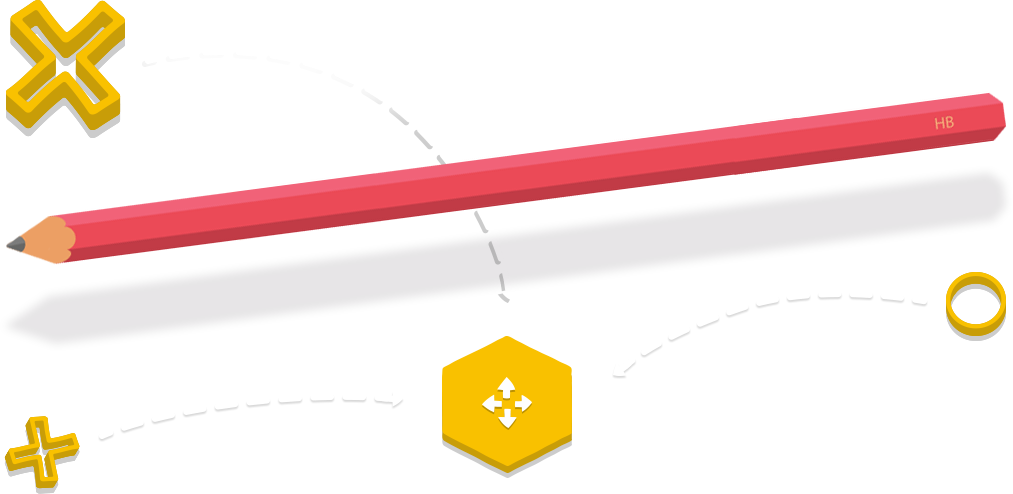
Pathways to this career
Subject suggestions for the HSC
Choosing your HSC subjects from this list could really help with your career. Think carefully about what you want to study after school as you might need to choose specific HSC subjects for that course and to count towards your ATAR (Australian Tertiary Admission Rank). An ATAR is your academic rank in relation to other HSC students and helps with University admission.
HSC subjects
Some subjects will count towards your ATAR, others will not. Check with your career advisor before making subject selections.
- English (Advanced or higher)
- Mathematics (2 unit or higher)
- Biology
- Chemistry
- Legal Studies
- Society and Culture
What can I do after I have finished school?
University degrees
Studying one of these degrees can help with your career.
- Bachelor of Forensic Science
- Bachelor of Science
Suggestions
Check out Forensic Science in Australasia for more information
- Visit your local police station as a starting point for more information or to ask about doing work experience in the field
- Go to career expos and events like university Open Days for information about what you will study
